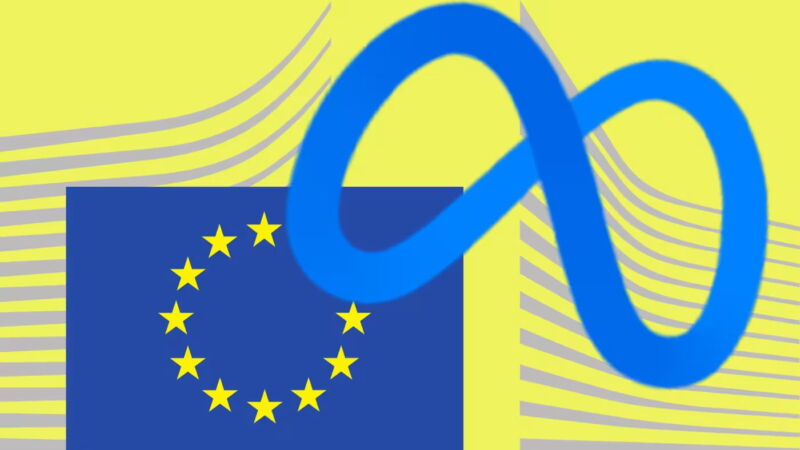-
 chevron_right
chevron_right
Apple must open iPadOS to sideloading within 6 months, EU says
news.movim.eu / ArsTechnica · 3 days ago - 19:52

Enlarge (credit: Andrew Cunningham)
Starting in March with the release of iOS 17.4, iPhones in the European Union have been subject to the EU's Digital Markets Act (DMA), a batch of regulations that (among other things) have made Apple support alternate app stores , app sideloading, and third-party browser engines in iOS for the first time. Today, EU regulators announced that they are also categorizing Apple's iPadOS as a "gatekeeper," meaning that the iPad will soon be subject to the same regulations as the iPhone.
The EU began investigating whether iPadOS would qualify as a gatekeeper back in September 2023, the same day it decided that iOS, the Safari browser, and the App Store were all gatekeepers.
"Apple now has six months to ensure full compliance of iPadOS with the DMA obligations," reads the EU's blog post about the change.



